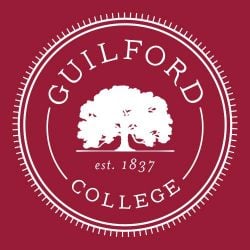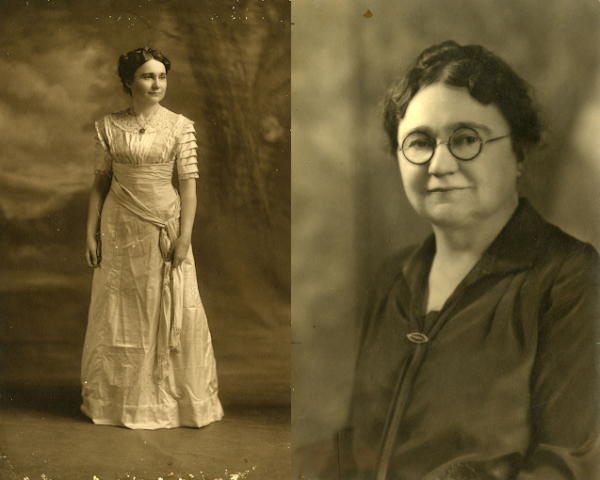Guilford Guides introduced for students

With the new Guilford Edge program being implemented in the Fall 2019 semester, many changes are occurring around campus. One of these changes is the new Guided Discovery program that is located on the first floor of Hege Library Academic Commons. Part of Guided Discovery is the new Guilford Guides that are available to all students.
“(Guilford Guides) rely on departmental knowledge,” said Guilford Guide Stephen Fails. “For example, I will have a student who will come to me and say that they are struggling with a certain class, so I need to refer them to the Learning Commons. I could also have a student say that they are struggling to make social connections with people and struggling to find things to be involved in.
“I might tell them to see Tim Johnson, the director of Student Leadership and Engagement. Kind of redirect them to where they need to be so that they can find a solution to their problem. We are a first stop for many students in finding solutions to their problems. We act as the bridge between where they are and where they want to be.”
In addition to connecting with clubs and tutoring services on campus, students can now go to Guilford Guides for academic and career advising.
“I’ve used the Learning Commons a lot during my time here,” said senior Gillian Sherman. “In addition to tutoring, I have also used the Guided Discovery because I am working on completing graduate school, so they have helped me a lot with that. I have also gone to the Bonner Center and I’ve done work for the Office of Student Leadership and Engagement. I’ve worked there for three years.”
In addition to helping students, Guilford Guides can also help clubs collaborate to find solutions to various problems on campus.
“One of the practices that is going to be very critical to ensure that people feel included here at Guilford is finding people whose causes and concerns overlap, and making sure that there will not be multiple messages or multiple groups that are trying to overcome the same problem,” said Fails. “That tends to cause more confusion rather than clarity when trying to solve a problem.”
Guilford Guides also hold meetings to discuss the various concerns that students and campus organizations have. For example, some students would like to see clubs collaborate more to work towards solutions to issues on campus.
“I would like to see more stuff about pursuing certain issues,” said junior Fletcher Brooks. “A lot of the time, collaboration between clubs is more for fun than it is for addressing or finding solutions to problems. The fun events are nice, but more work on addressing different problems would be good.”
While there may be issues that are not currently being addressed by any clubs or organizations on campus, Guilford Guides can help students find other individuals or groups who have similar concerns or focuses.
“There’s been a lot of good inter-club organization and collaboration this year,” said Brooks. “There was an open mic night recently that the campus ministry and the Black Student Union worked together to put on. It was really good.”
With increased collaboration between clubs, students have been able to come into contact with different groups on campus that they may not have been exposed to otherwise.
“I think that the clubs do the best that they can,” said Sherman. “Some people complain about inclusivity, not because of the club itself but because people might not want to participate, so at the end of the day, it’s only certain groups of people who take part. I feel like there is a lot of opportunity to create a sense of community and inclusivity, we just need more people to want to take part in it.”
As Guilford Guides work to increase communication between individuals on campus, as well as between different groups, more students will have the opportunity to get involved on campus with issues that are important to them.
“Many groups, as we have discovered, are not communicating with each other,” said Fails. “Sometimes, there will be an individual or group that thinks they are the only one who is actively trying to overcome a problem, when there is already a group across campus who is doing that very thing. We need to consolidate and find groups of people who want to address a certain issue so that they can work together.
“There is also power in numbers, so increasing that communication can help groups achieve their goals more effectively.”








